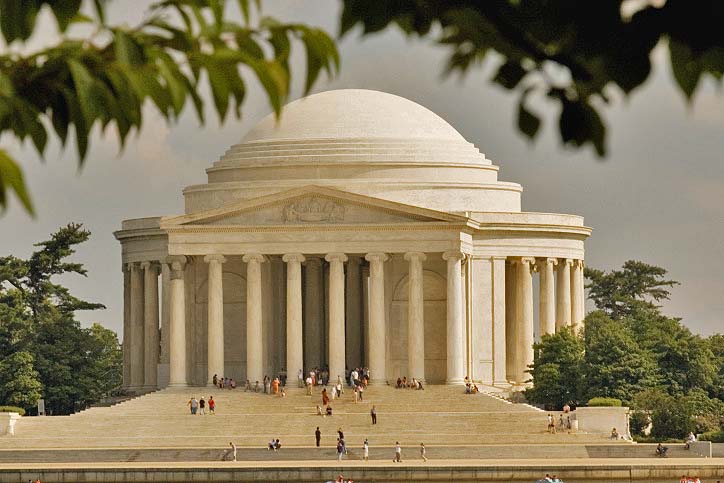|
|
LITR 4231
Early American Literature 2010 research post 2 |
|
Kathryn Cutting
Christian Missions in Texas
After writing the first response paper I wanted to write more about the first
two reasons that the Spanish Explorers went to the new world. The Native
Americans were also helped and aided through the missionaries that sprung up
around the time of explorers. These missionaries tried to help the Indians by
trying to “Christianize and civilize the Native people”(Barringer, p.12).
There were many missions in the Texas. Most of them were started to make sure
that Spain had a foothold so that the French could not come in and take the land
for themselves. The French were settling mostly in the south near the
Mississippi River. I would like to learn more about the how the Indians reacted
towards these missions.
There were many missions in Texas, but the first Catholic mission established in
East Texas was the San Francisco de las Tejas. This mission strived to try
to convert the native Americans in that area. The Hasinais were the Native
Americans that the mission was near. “In 1690 Franciscan priests, accompanied by
soldiers, came to what is now
Houston County and established a small mission on San Pedro Creek, a few
miles west of the
Neches River. (Bowman) The mission had many hard times, partially because
supplies took a long time to get there and when the supplies did get there they
would not be sufficient to keep the mission afloat. The Indians did not have
much respect for the mission. “Teran found the Indians in both missions
responding to the friars with growing impudence, more interested in stealing
horses than in hearing the Gospel.” (Weddle). The Indians also had
problems with the Native Americans in that they thought that the baptismal
waters were fatal and refused to come into the church” (Weddle) These problems
all show how the mission though tried hard to stay afloat. This mission was a
failure and was later
Nuestro Padre San Francisco de los Tejas Mission ( Weddle) San Fransico de
la Tejas was mostly a failure because it couldn’t get the Native Americans to do
anything but steal their horses.
There is also a mission named San Antonio de Valero. This is the mission that
was the sight of the battle of the Alamo. In this mission the Coahuiltecas were
interested in the Christian religion, but soon there was sickness and disease
that started to affect the Indians. Later though the mission saw its numbers
rising. “The Indian population climbed to 311 in 1745 and 328 in 1756, then
declined” The mission was populated by more Indians than thought possible.
“Throughout the mission's history, its Indian neophytes included members of more
than a hundred groups, including Payaya, Pamaya, Pataguo, Tacame, Tamique,
Xarame, Sana, Apache, Coco, Top, Karankawa, Ervipiame, and Yuta Indians”.
(Schoelwer) This shows a more successful mission.
I have learned that for the most part the Indians did not react well to the
missionaries. There was a lot of things that were making the missions fail. In
some cases the Indians were interested in becoming Christian as in the case of
the of the mission San Antionio do Valero. These missions might be successful
but the Spanish government had a bad habit of leaving these missions to fend for
themselves. This had to be a hard job for any missionary. They would have to
deal with hostile Indians, short supplies, and many other things. But some
missions did have the capability to be successful. I think that it had a lot to
do with the group of Indians that they were dealing with. Some Native Americans
at that time were more hostile than others.
Barrubger, Mark. "American Indians in Texas." Texas Heritage. (2003): 3-22. Print.
Schoelwer, Susan Prendergast
Handbook of Texas Online,
s.v. ","
http://www.tshaonline.org/handbook/online/articles/SS/uqs8.html
(accessed April 26, 2010).
Robert S. Weddle
Handbook of Texas Online, s.v. ","
http://www.tshaonline.org/handbook/online/articles/SS/uqs15.html
(accessed April 26, 2010).
Bowman, Bob. "Mission of Tejas." Texas Escape n. pag. Web. 26 Apr 2010. <http://www.texasescapes.com/DEPARTMENTS/Guest_Columnists/East_Texas_all_things_historical/MissionTejasBB801.htm>.
|
|
|
|


